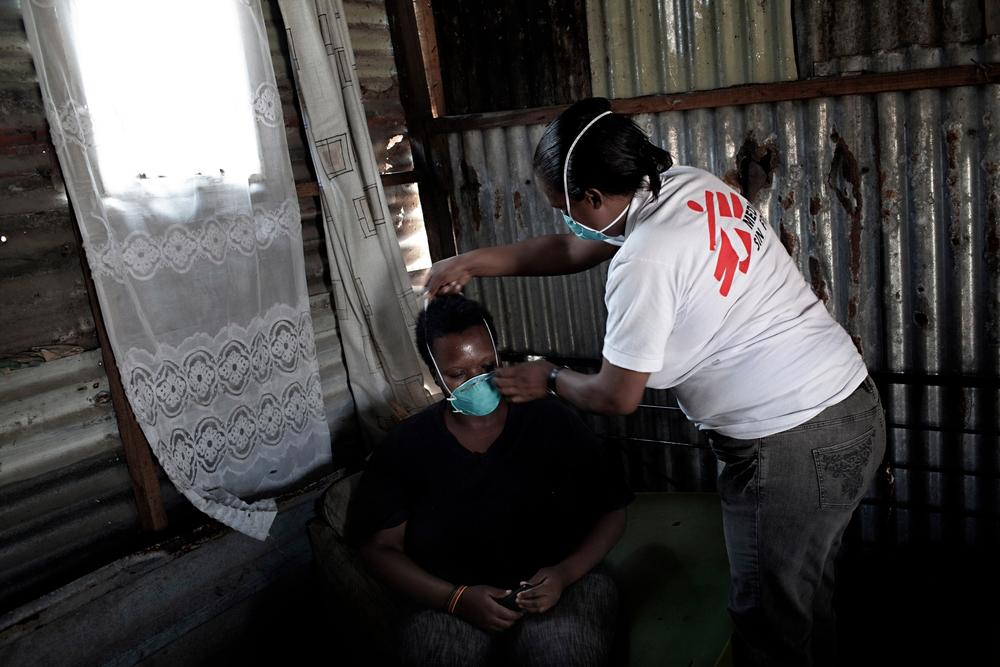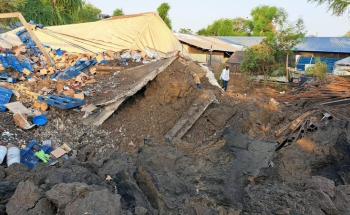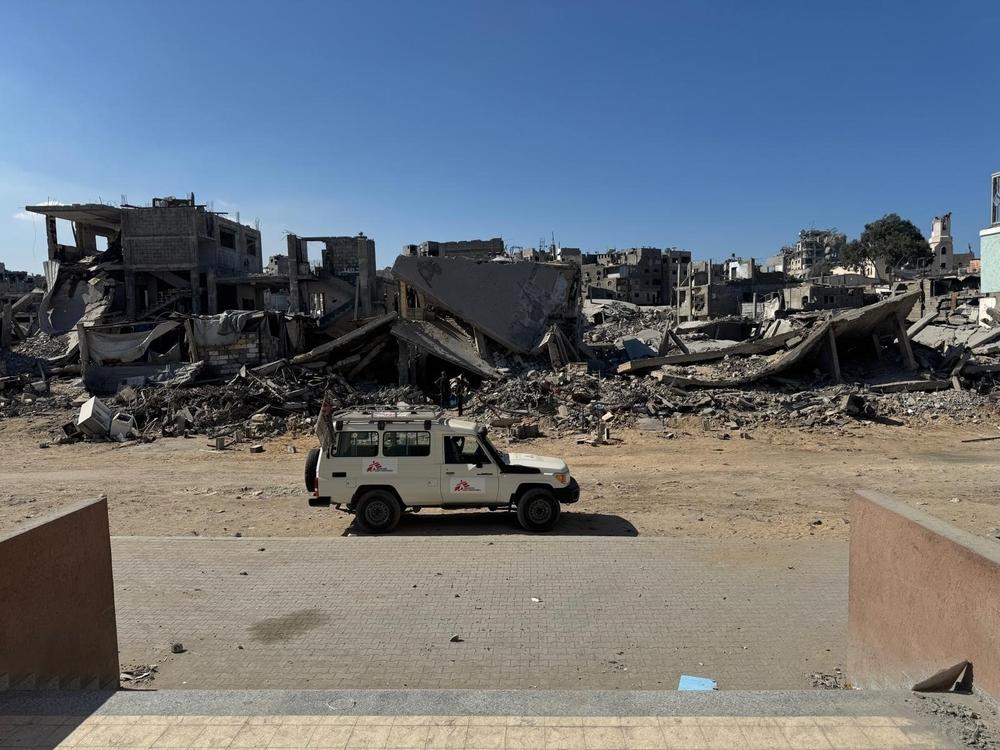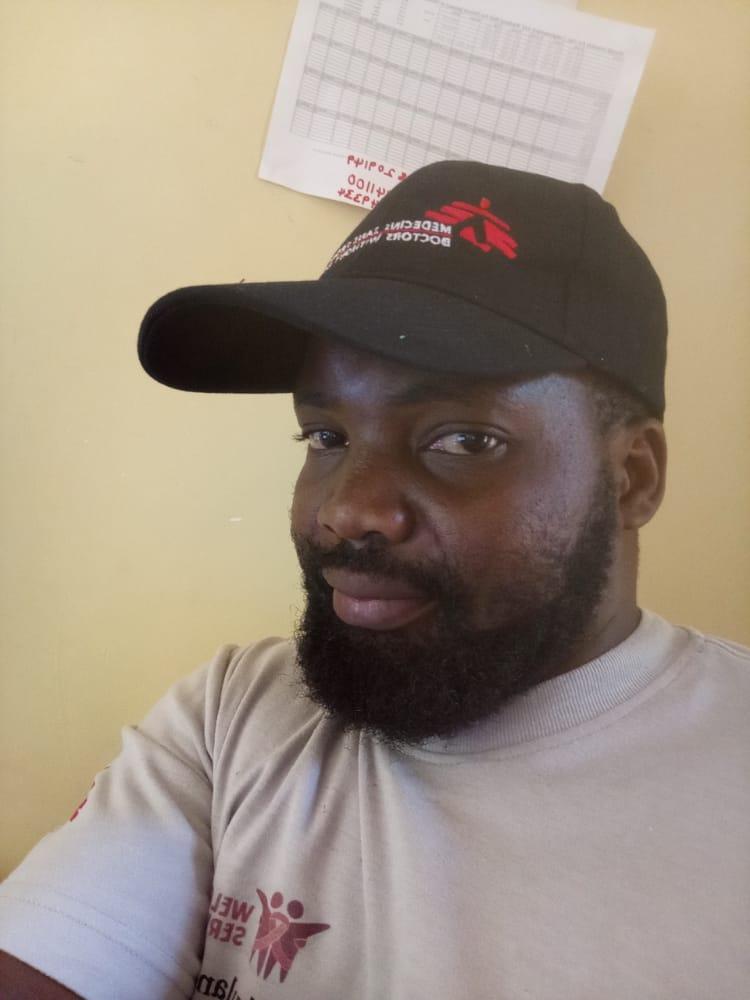
“I started as a watchman for Doctors Without Borders (MSF) while I was studying electrical engineering, and that gave me the opportunity to become a radio operator,” says Joseph Kachapila, who joined MSF in 2008 in Malawi. “Over the years, I worked as an assistant for the administration, finance, and logistics departments and as the warehouse storekeeper before going to Nsanje district. In Nsanje, I held several positions in logistics, and in 2017 I was promoted to logistics and supply manager.
“I had always wanted to work with an NGO – that was my dream. Seeing what MSF was doing in my country to help people in need of medical support when they are in trouble – people with HIV and TB and people in emergencies – that gave me the motivation to join MSF and be part of this dynamic team.”
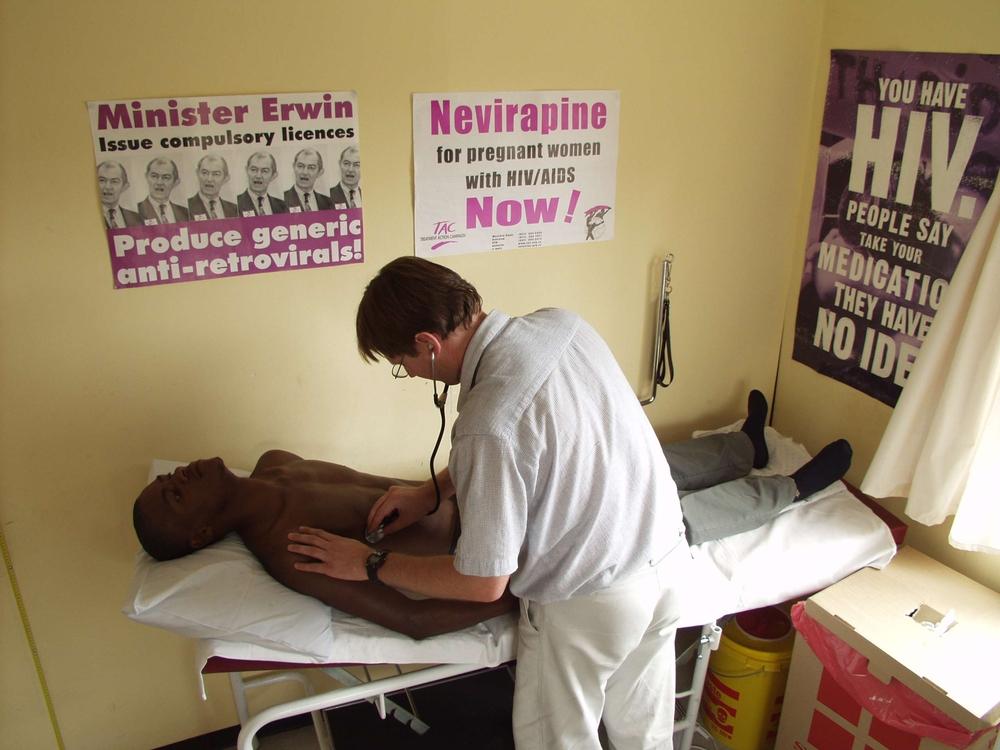
In Malawi, HIV prevalence is over 10% among people aged 15 to 64, one of the highest rates in the world. Fortunately, the country’s HIV programme has achieved significant success, with over 80% of the one million people who have tested HIV positive are now on antiretroviral treatment. MSF is proud to have played a role in supporting the Ministry of Health in creating easy access to treatment in a several projects around the country, one of which is in Nsanje.
“The Nsanje Project supports people with advanced diseases related to HIV and TB in 14 health facilities, including three hospitals,” Joseph explains. Around 25 to 30% of HIV patients seek medical care only when they are already in advanced stages of the disease, increasing the risk of opportunistic infections or even death. In Nsanje, our goal is to increase early access to treatment and maintain decentralised models of care involving the community.
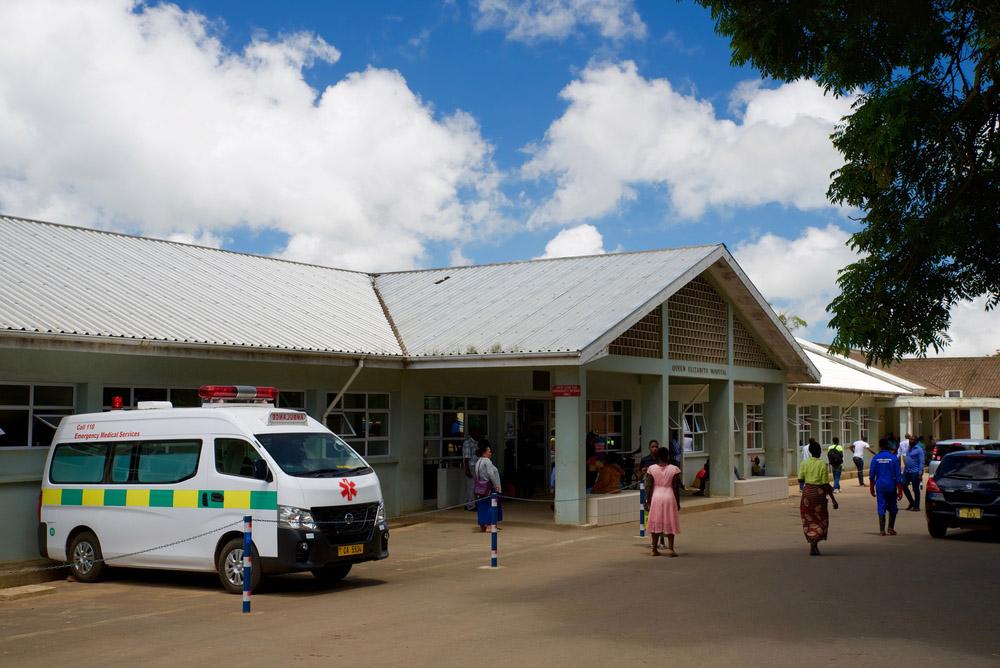
Logistics plays a critical role in ensuring that people are able to access and stay on treatment. “As a logistics supply manager, I oversee a team that includes 16 watchmen, 10 drivers and many logistical experts,” says Joseph. “My job is to make sure that the staff are mobile – that they can get to the patients and back safely; they have access to internet, safe drinking water and quality supplies, and equipment. In my role, I serve as a solution giver. Whenever there is a challenge, people come to me and I am always there to give support.
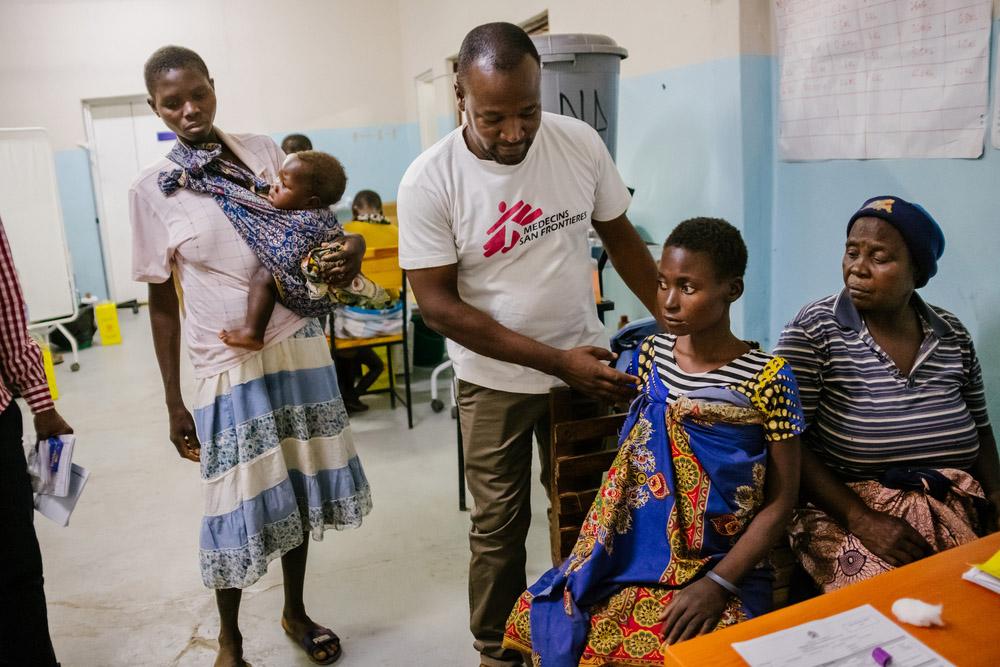
“One of the things I appreciate most about MSF is the staff development. I have gone through intensive trainings on supply and water management and electrical work. Earlier this year, MSF even offered me the opportunity to go to Sierra Leone for three months to get work experience in a different environment.”
In late-June 2020, Joseph’s skills were again proven invaluable when he joined the team responsible for setting up an MSF COVID-19 treatment centre. At the time, he didn’t know that this would end up being a lifeline for his own family.
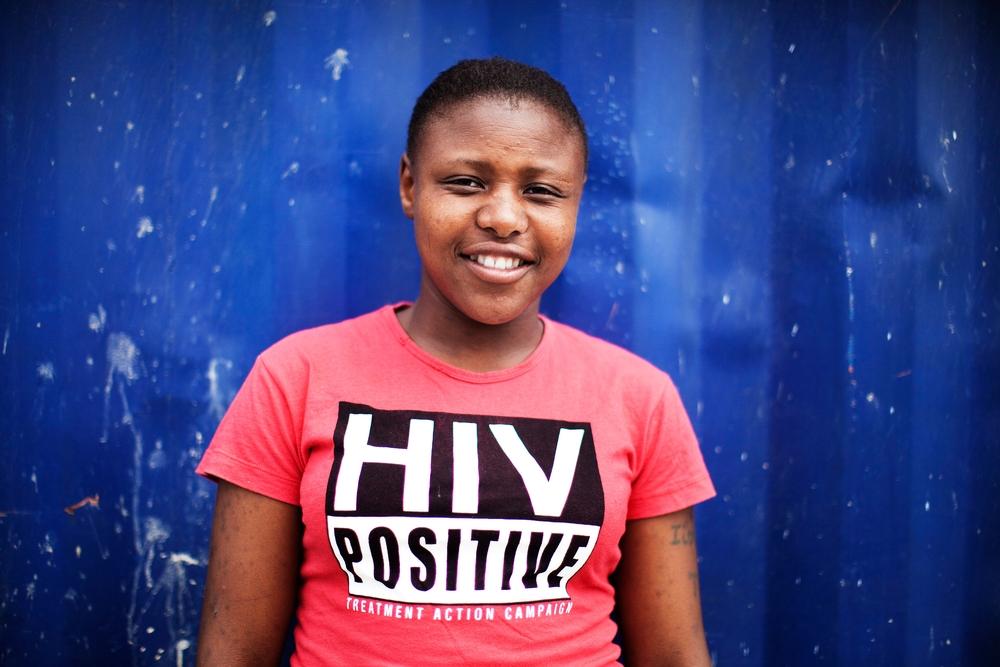
“My wife, Fanny, also works for MSF, and she was pregnant with our third child. In July, we learned she had been in contact with someone who had COVID-19. We were worried because she is asthmatic,” Joseph says. “Near her due date, she started to show COVID-19 symptoms, and we had to stay home. When it was time to deliver the baby, we couldn’t go to a normal maternity ward, so she went to the MSF COVID-19 center to give birth. I knew we were in safe hands at the hospital with support of Ministry of Health and MSF doctors. Fanny and our new baby, Praise, and the rest of our family are doing well.”
Since 2016, our teams have been running an advanced HIV project in Nsanje, Malawi, focused on reducing mortality and morbidity through the 'Circle of Care' model, with interventions to ensure a continuum of care between the community, health centre, and hospital. MSF interventions have contributed to the overall improvement of HIV care and to reduced Advanced HIV Disease-related deaths.
